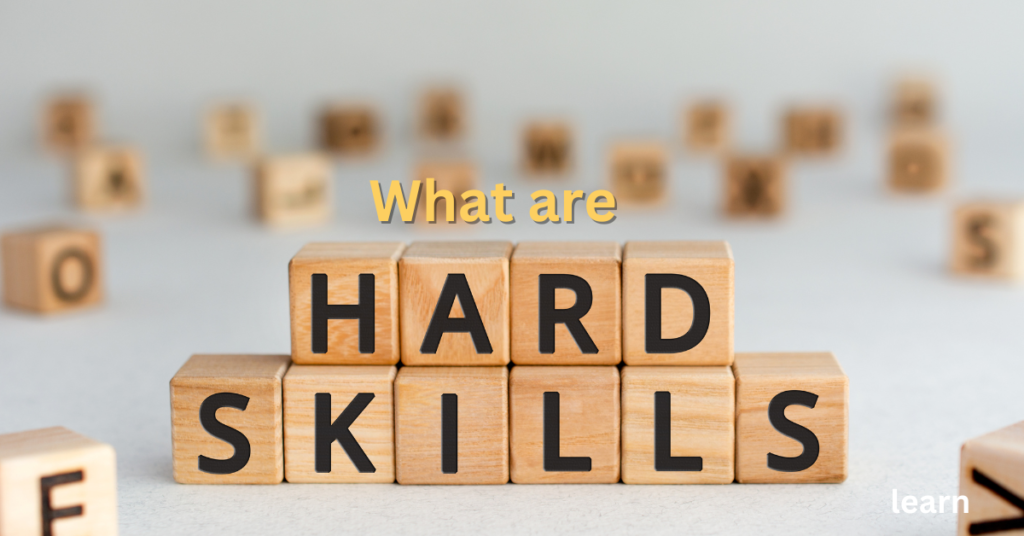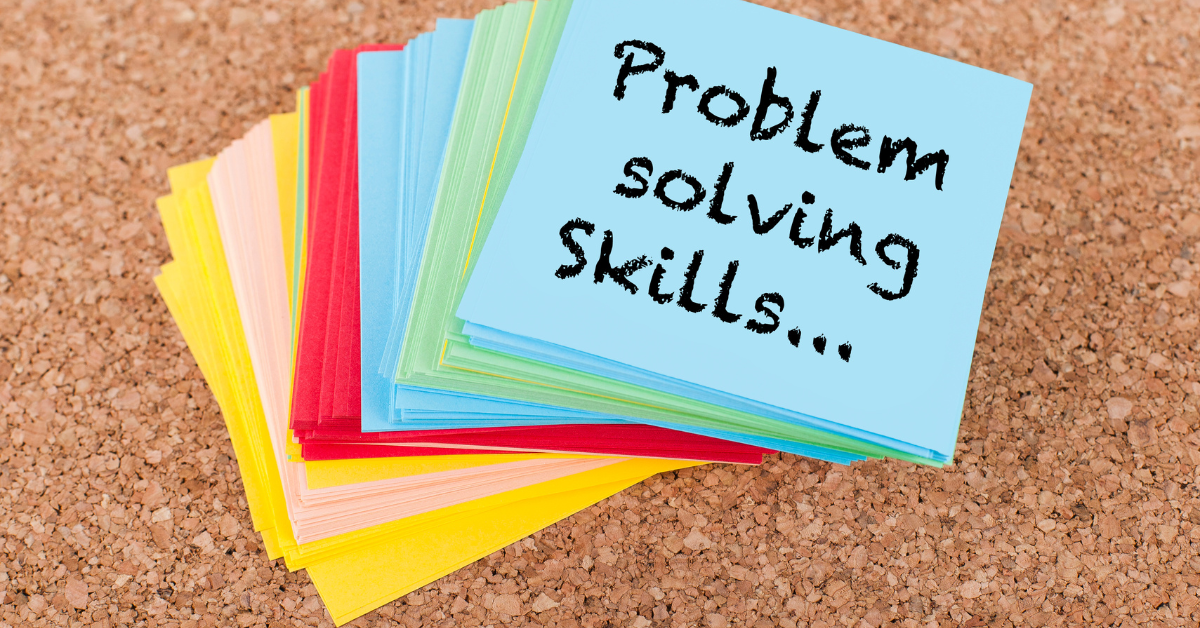
“Hard Skills vs Soft Skills in Hospitality”
admin
- 0
Providing customers with extraordinary experiences is the lifeblood of the hospitality sector. Individuals in this field need to become proficient in both hard and soft skills to achieve this. These abilities not only ensure smooth operations but also cultivate strong emotional bonds with guests, enhancing their experience.
In this blog, we explore the “Hard Skills vs Soft Skills in Hospitality” and key skills necessary in the hospitality industry, their importance, and how to enhance them.
What Are Hard Skills in Hospitality?

Hard skills are strong abilities that can be obtained through training, a degree, or practice. They are based on technical expertise and are important for performing specific tasks.
Some examples of hard skills in the hospitality industry include:
- Food knowledge: Understanding culinary techniques, food preparation, and kitchen operations. Menu planning is also an essential skill for chefs.
- Language skills: Being multilingual can enhance communication with people from diverse cultures.
- Booking software management: Expertise in reservation system software is essential for ongoing hotel operations. Proficiency in software like Opera, Amadeus, or Micros is important.
- Event organizing: The ability to manage, allocate budgets, and organize events such as weddings and conferences.
- Expertise in menu items: Knowledge of wine pairing and proper serving methods are essential in food and beverage services.
- Compliance with safety and hygiene: Understanding workplace safety laws, food safety standards, and cleaning practices is crucial.
What Are Soft Skills in Hospitality?

Soft skills are interpersonal and social abilities that allow individuals to form connections, communicate clearly, and handle various situations gracefully.
Examples of soft skills in the hospitality industry include:
- Communication: Clear and understandable communication with customers and team members is essential.
- Problem-solving: Addressing guest concerns promptly or resolving unexpected issues ensures customer loyalty and satisfaction.
- Teamwork: Collaboration with other departments such as housekeeping, front office, and food and beverage ensures smooth operations and service delivery.
- Cultural knowledge: Respecting and acknowledging diverse practices and preferences enhances guest experiences.
- Adaptability: The ability to adjust to changing circumstances, such as handling last-minute guest requests or staffing issues, demonstrates flexibility.
- Leadership: Guiding and managing teams to maintain high standards and adhere to protocols.
“Hard Skills vs Soft Skills in Hospitality” complete guide:
How to Develop Hard and Soft Skills in Hospitality
Enhance Hard Skills:
Join hospitality training programs: Courses like hotel management, culinary arts, or event management provide foundational knowledge.
Obtain certifications: Earning certifications like CHA (Certified Hotel Administrator) or ServSafe (for food safety) boosts confidence and credibility.
On-the-job training: Gaining hands-on experience in real-world environments is invaluable for skill development.
Enhance Soft Skills:
Learn active listening: Engage with guests and team members to better understand their needs.
Participate in team activities: Involvement in team-building exercises plays a critical role in enhancing collaboration and interpersonal skills.
Seek feedback: Constructive criticism helps identify areas for improvement in interpersonal communication.
Read and implement: Books on customer service and emotional intelligence provide fresh insights and strategies.
Hard skills ensure operational excellence in the hospitality sector, while soft skills create exceptional guest experiences. Professionals who continuously develop both skill sets will succeed in their roles and drive the hospitality industry forward, making it more innovative, inclusive, and customer-focused.
What is the difference between soft and hard skills?
Hard skills are technical abilities acquired through education or training, while soft skills are personal attributes that help with teamwork, communication, and problem-solving.
What are considered hard skills?
Hard skills are specific technical knowledge or abilities needed to perform job-related tasks. They are measurable and typically acquired through training, education, or practice.
What are soft skills?
Soft skills are personal qualities that help individuals work effectively with others, solve problems, and communicate in a professional environment.
Which is more important, hard or soft skills?
Both hard and soft skills are crucial. Hard skills are needed for technical tasks, while soft skills are necessary for communication, adaptability, and teamwork.

